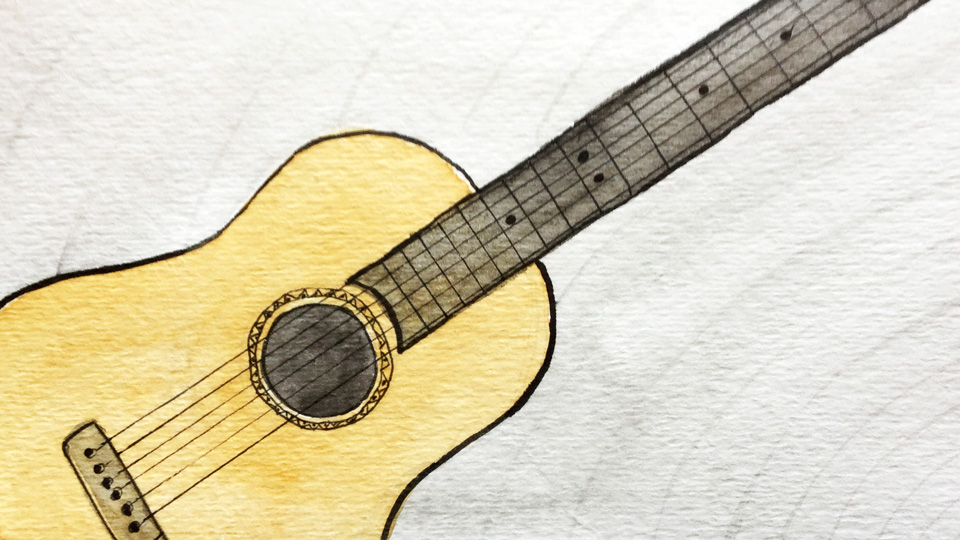Hey David,
I'm moving along with the IFR method and really seeing and hearing more than I was before I started your video course. But I am having some difficulty keeping my place when I skip strings. I've studied scales for a long time and can play the major scale (all modes) in many different fingerings all over the neck, but I would play lines from memorized scale patterns and never really sound like I was playing music.
I don't want to fall back into just memorizing scale patterns. I play jazz music and want to be able to play over the changes, but sometimes I get lost and resort back to muscle memory with scale patterns.
I know it takes time to break old habits, but what would you recommend I focus on so I don't get lost as much, and develop an effortless flow with the scale degrees and more awareness of where I am on the tonal map?
Thanks,
Greg
David's response:
Hi Greg,
It sounds like you're just getting ahead of yourself. I'm sure there is a nice slow tempo at which you would have no trouble keeping your place as you move around the fretboard. At this slow pace you can see where you are on the tonal map with each note that you play, and you have all the time in the world to plan your next movement.
What this means is that the dial is in your hands. There's nothing external that's causing you to get lost. It's just that sometimes you're letting your hands get away from you.
This is probably just a lingering effect of all those years you spent practicing memorized scales. Because your hands already know how to execute scales quickly, it's very easy for you to tune out mentally and just play familiar shapes on the fretboard. I know you don't mean to do this, but it's an easy trap to fall into because all it takes is a momentary lapse of attention and your hands are already off doing something on their own.
But don't worry. Whenever you get lost, just pause for a moment and then start again from someplace you know. And try to dial down the energy so you're not getting ahead of yourself. All of this will get much easier with time and practice, so in the beginning my advice would be to not stress over it too much. Just get back into control and renew your commitment to pay attention to what you're doing.
Another tip that might help you is to focus less on your physical agility and pay more attention to the musical lessons that you can learn in each harmonic environment that you are studying. Remember that mastering this material doesn't mean just playing these notes mindlessly at a fast tempo. It's about truly getting to know each sound and to discovering the music we can make with it.
So I wouldn't even worry about this issue of how skillfully you can jump from one string to another. Focus instead on learning all of the beautiful little musical lessons that are contained within any set of notes, because ultimately these lessons are the most valuable thing that you will have to share with an audience someday.
I hope some of these ideas can get you back into feeling great about your practicing. If you want to discuss it further, please feel free to write more.
David

